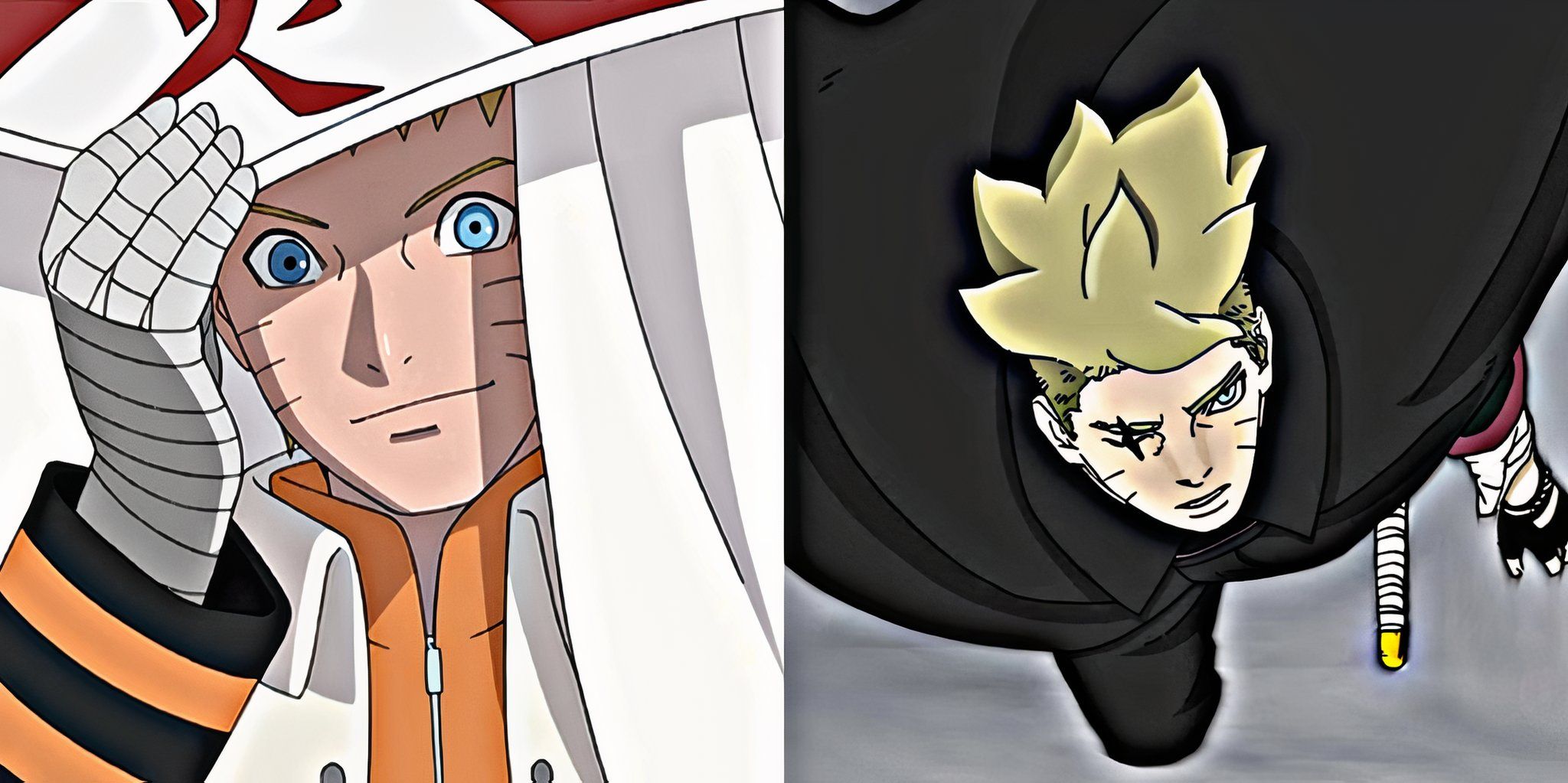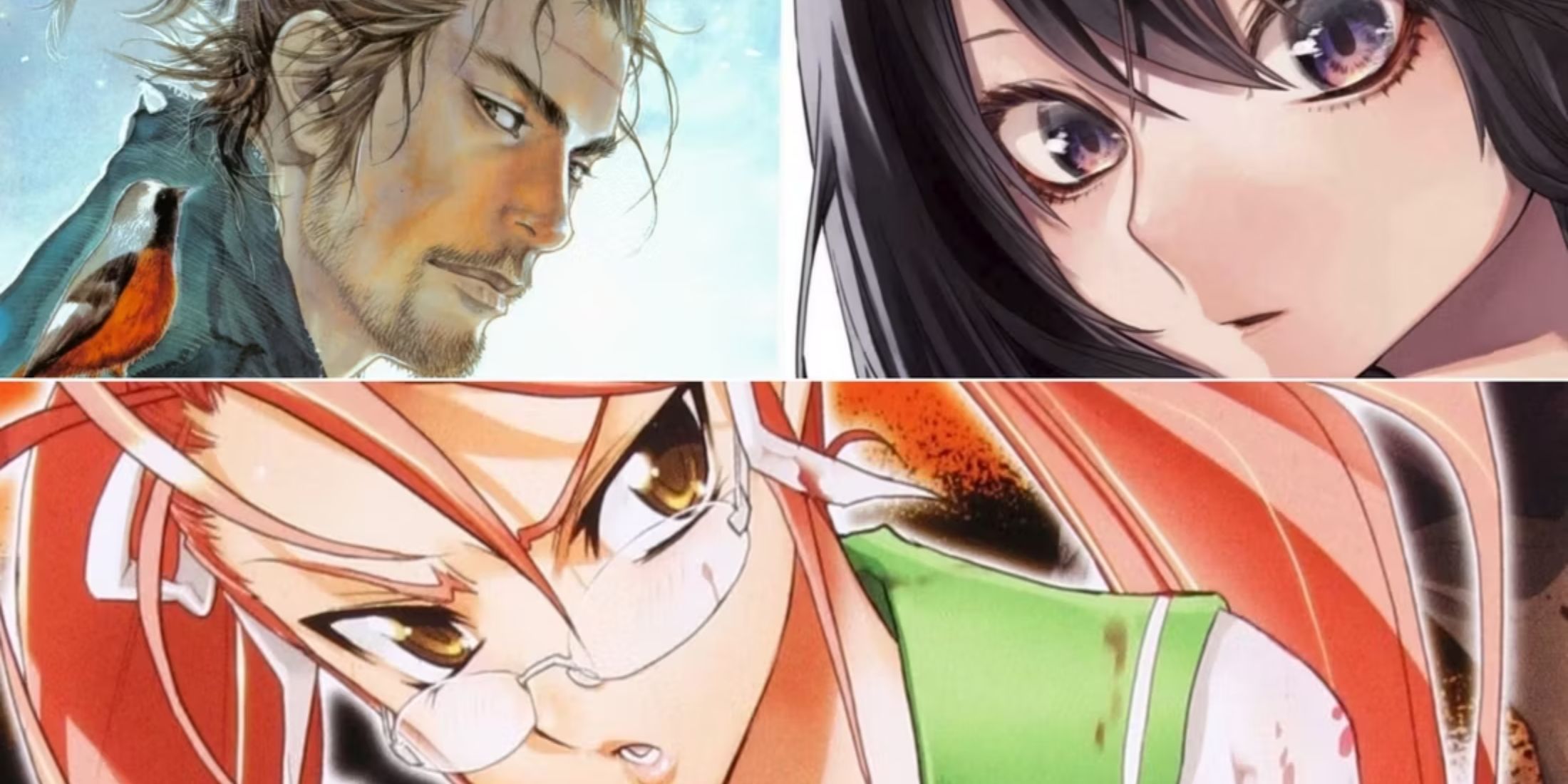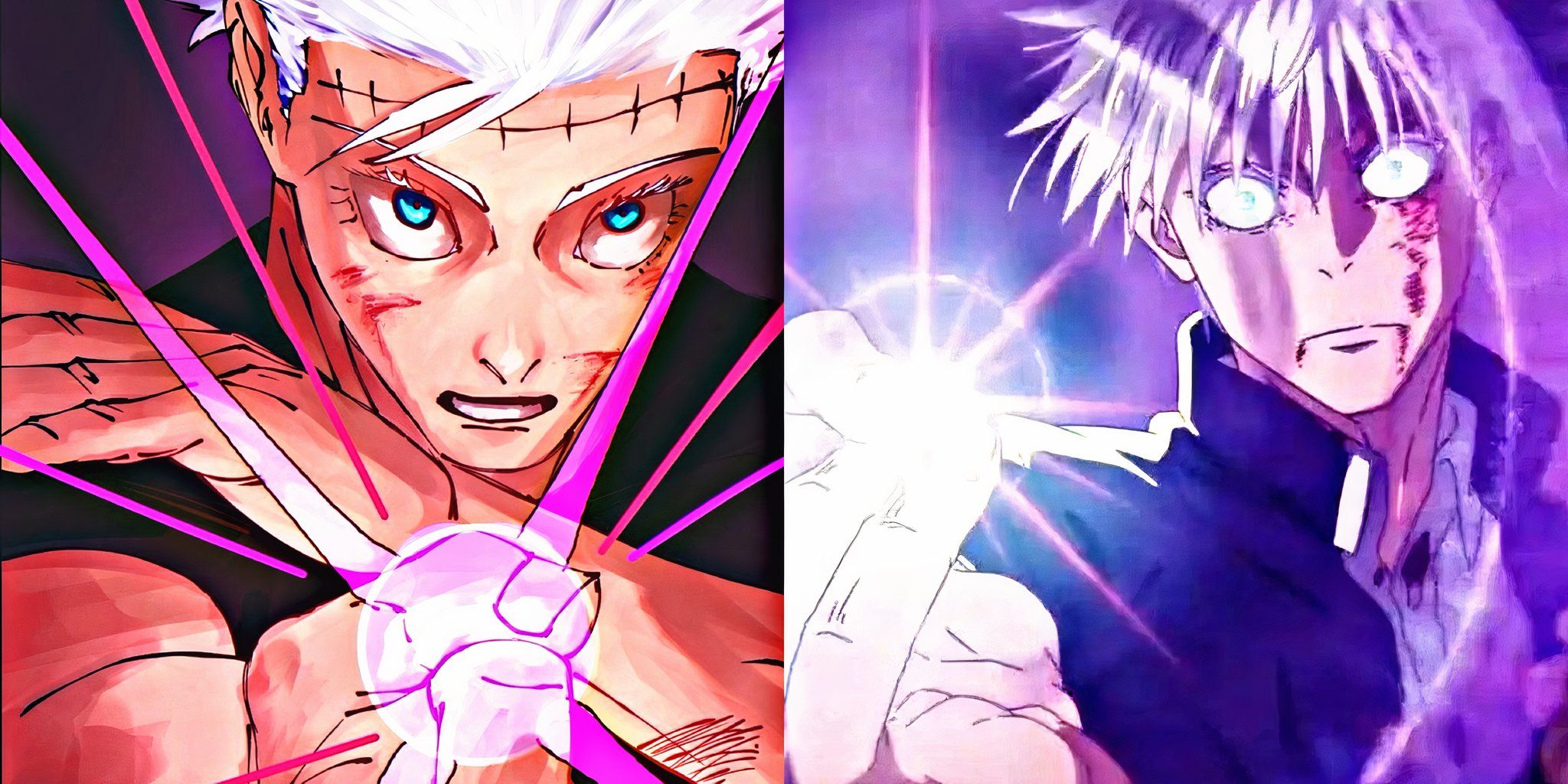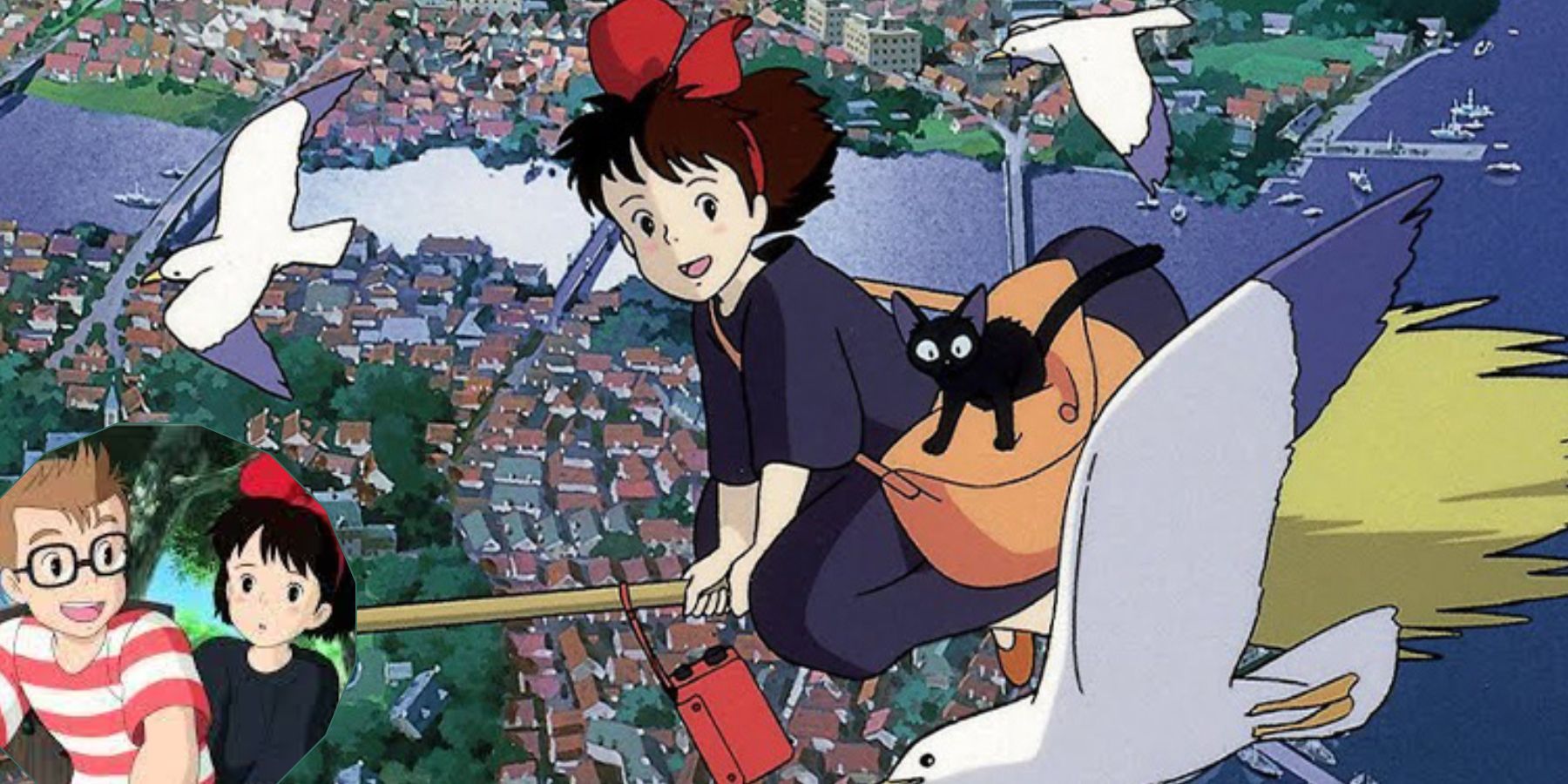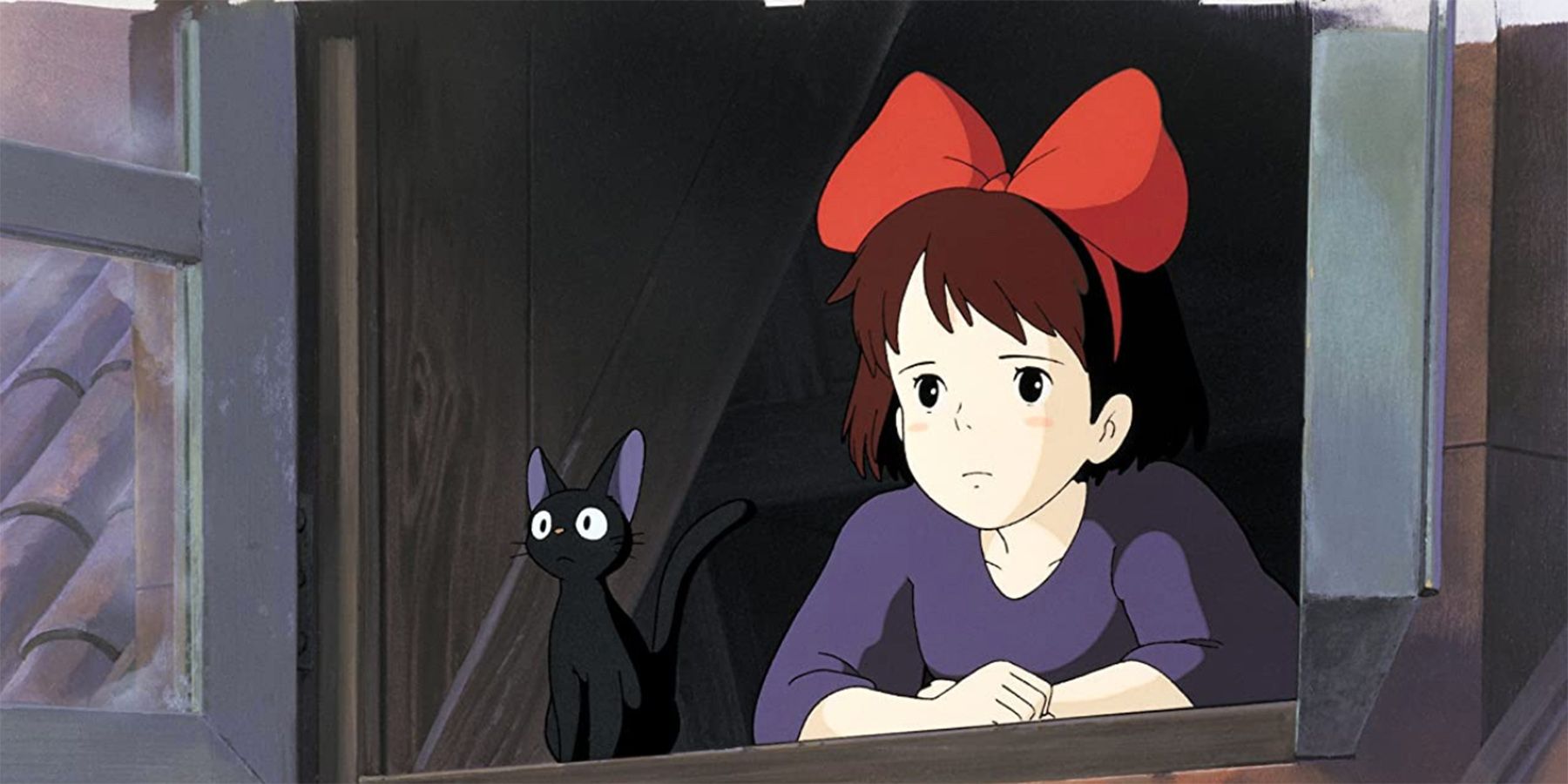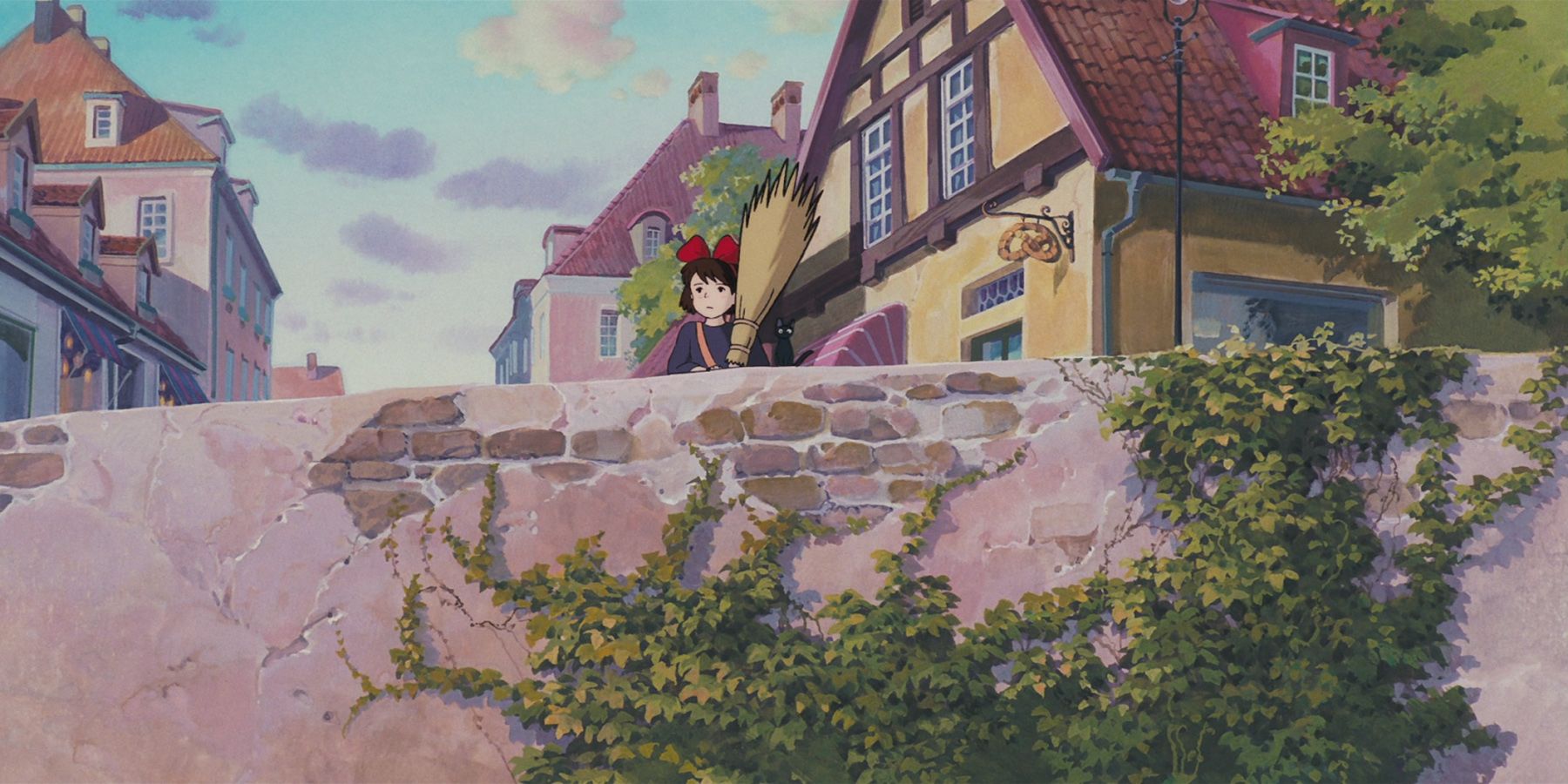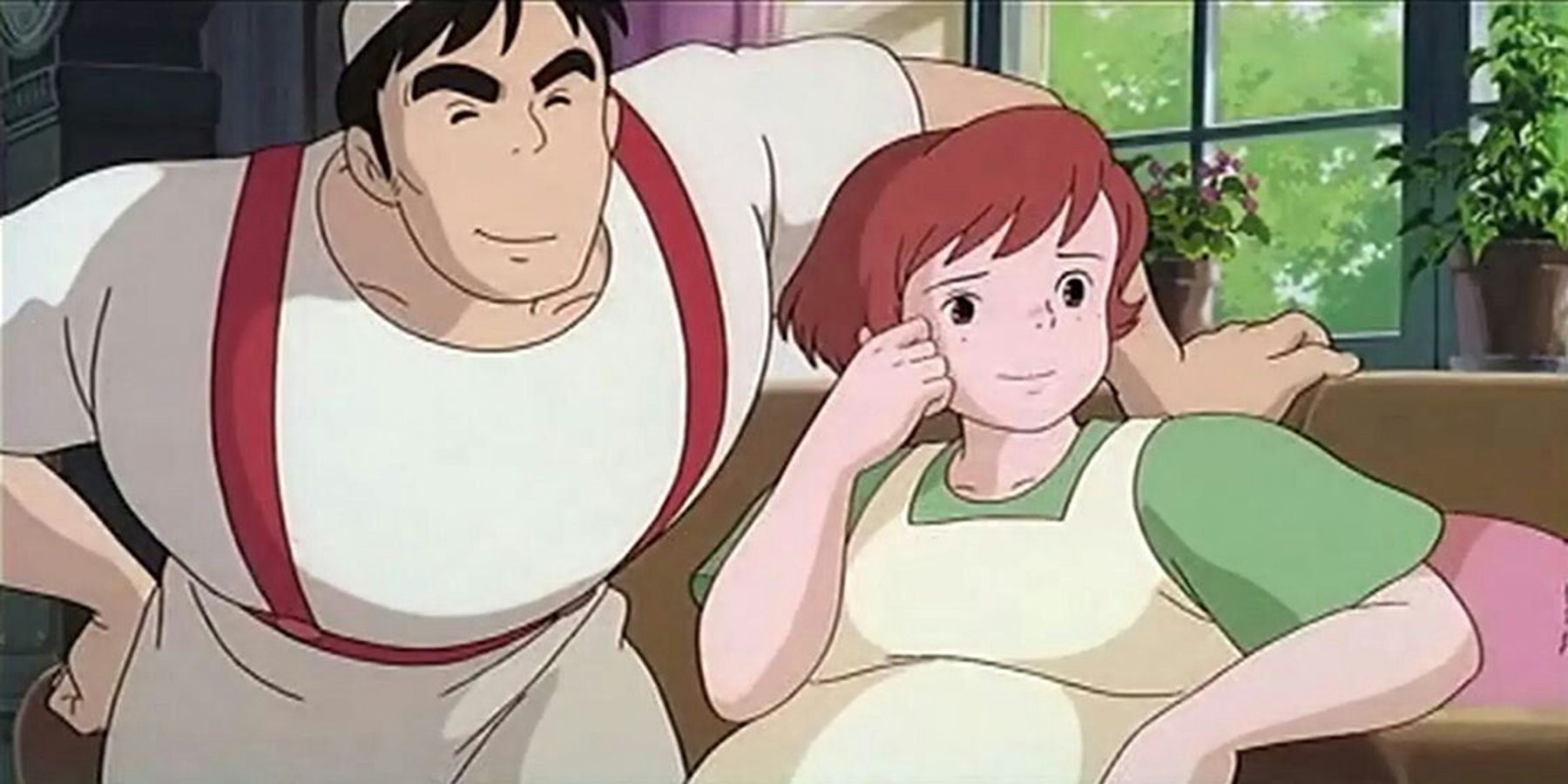Every young girl's dream is to explore the world through her own eyes, and Studio Ghibli's Kiki's Delivery Service gives us an insight into Kiki's strong resolve as a working girl. Initially released in 1989, the film received a slew of positive feedback and reception, becoming Japan's highest-grossing movie that year.
Even years after its success, various retailers still sell and produce merchandise to carry on its impactful tradition. What arguably makes this film as unique as it is, are Kiki's challenges and her ability to overcome them as a young woman. What's more, even those of us in the modern day can appreciate what a long day's work looks like.
Being Yourself
At such a young age, most young teens want to fit in with their peers, and it's a challenge for many to embrace their individual characteristics. And our girl, Kiki shows us that not only should you not be afraid to be yourself, but also to own it! But in a society that expects all to conform to social norms, even the most confident kids can have a hard time. When she discovers her mother's broom, she's determined to master the art of flying, no matter how many times she's discouraged.
Her beloved cat, Jiji is one of the sources of this. It's true that he's just looking out for her, but in the 1980s especially, this was a very common trope in media: the male lead "protecting" the female lead. To add on, her encounter with a male police officer leaves her in a lot of trouble, and his dialogue implies a bias against a young woman being on her own - though not exactly in a sympathetic or caring tone, either. And given the story's setting, the town isn't exactly perceived as extremely dangerous, as other stories may suggest.
Regardless, with her newfound skill and passion, she, later on, takes up a job as an independent delivery service. It's here where the story takes some more inspiration from female roles in society and subverts it. Kiki, resembling a witch, always works during the "witching hour", which is midnight.
If we want to look at this from a historical lens (and Miyazaki often takes inspiration from historical events), witches were seen as threats to society and in some extreme cases, themselves. How a "witch" would be identified was by taking note of independence, being outspoken, having a desire to work, possessing extensive knowledge, and standing out overall. These women were severely mistreated by society, denied opportunities, and were seen as lower. The setting of Kiki's hometown, Koriko was based on areas in Sweden, one of the countries in Europe that had witch trials.
With Magical Freedom Comes Magical Responsibility
As she gains more independence throughout the movie, she befriends a pregnant baker, whom she does favors for. This gradually expands her network and the baker, Osono soon joins her in running Kiki's delivery service as a respondent. From a small-town girl to a working woman, Kiki's independence grows ever stronger, but with freedom comes responsibility. At one point, she loses her powers after overworking herself, setting her back in her career and morale.
This is heavily reminiscent to burnout in real life, which goes to show that even the strongest of people need to take care of themselves. Luckily, she uses this time in her life as a learning experience and gets back up on her feet. This process of growth and maturity in one's life. It serves as an inspiration for not only young women but also anyone who wishes to find their own roads to independence.
Sisters Before Misters
Kiki also teaches us another lesson. While it's always good to have someone you can rely on, always communicate your boundaries and what makes you feel comfortable. She meets a boy earlier on in the story, Tombo who gets her out of trouble when she's confronted by the police officer. She's grateful for the help, but Tombo begins to pursue her. It can be argued that he only helped her, so she would owe him a debt, but regardless Kiki shows us that being thankful and owing someone are two different things.
It should also be noted that he never asked for her name or properly introduced himself, it's always important to look out for those small things. After his not-so-forward "introduction", Kiki responds with, "Thank you for getting me out of trouble, but I really shouldn’t be talking to you, and you want to know why? It’s very rude to talk to a girl before you’ve been introduced and before you know her name".
Tombo, later on, becomes one of Kiki's friends and proves to the audience that he is indeed a genuine person, it was just an awkward first impression - happens to everyone. But our girl still told us that it's always good to be firm. Society often pits women against each other, but teamwork is always the key to success. Going back to the female friends she makes throughout the movie, her relationship with Tombo never gets in the way of her work and her friendships.
Tombo shows us what a supportive and secure companion looks like. Since 1989, there have been movements to better the gender gap between men and women, worldwide. We still have a ways to go, but Kiki's journey will always be timeless. And besides,, who doesn't love a cute black cat?

